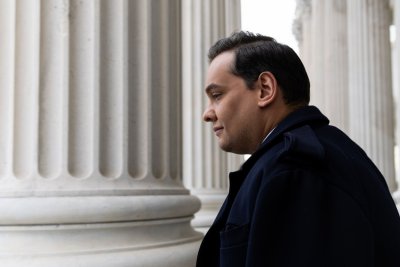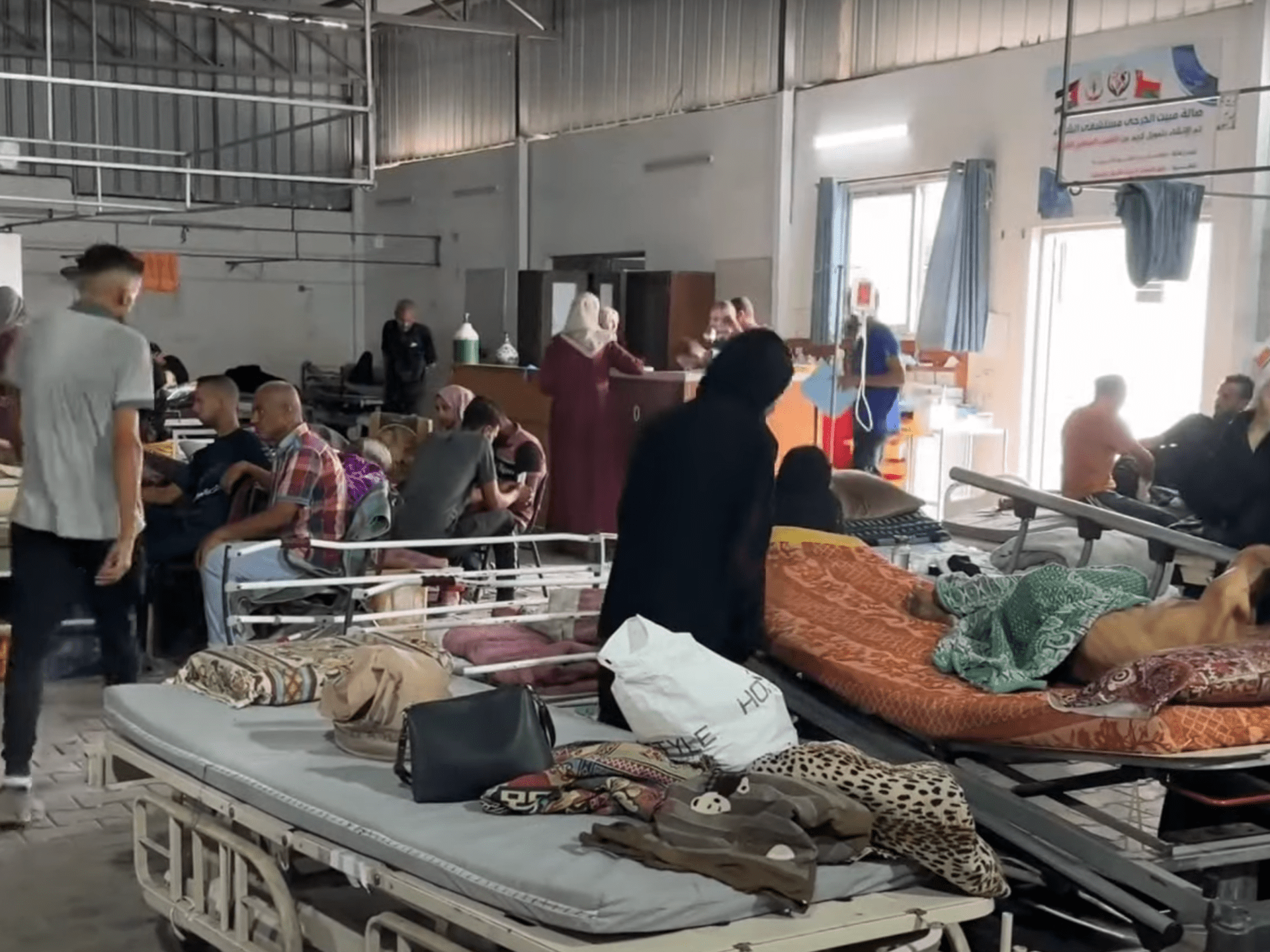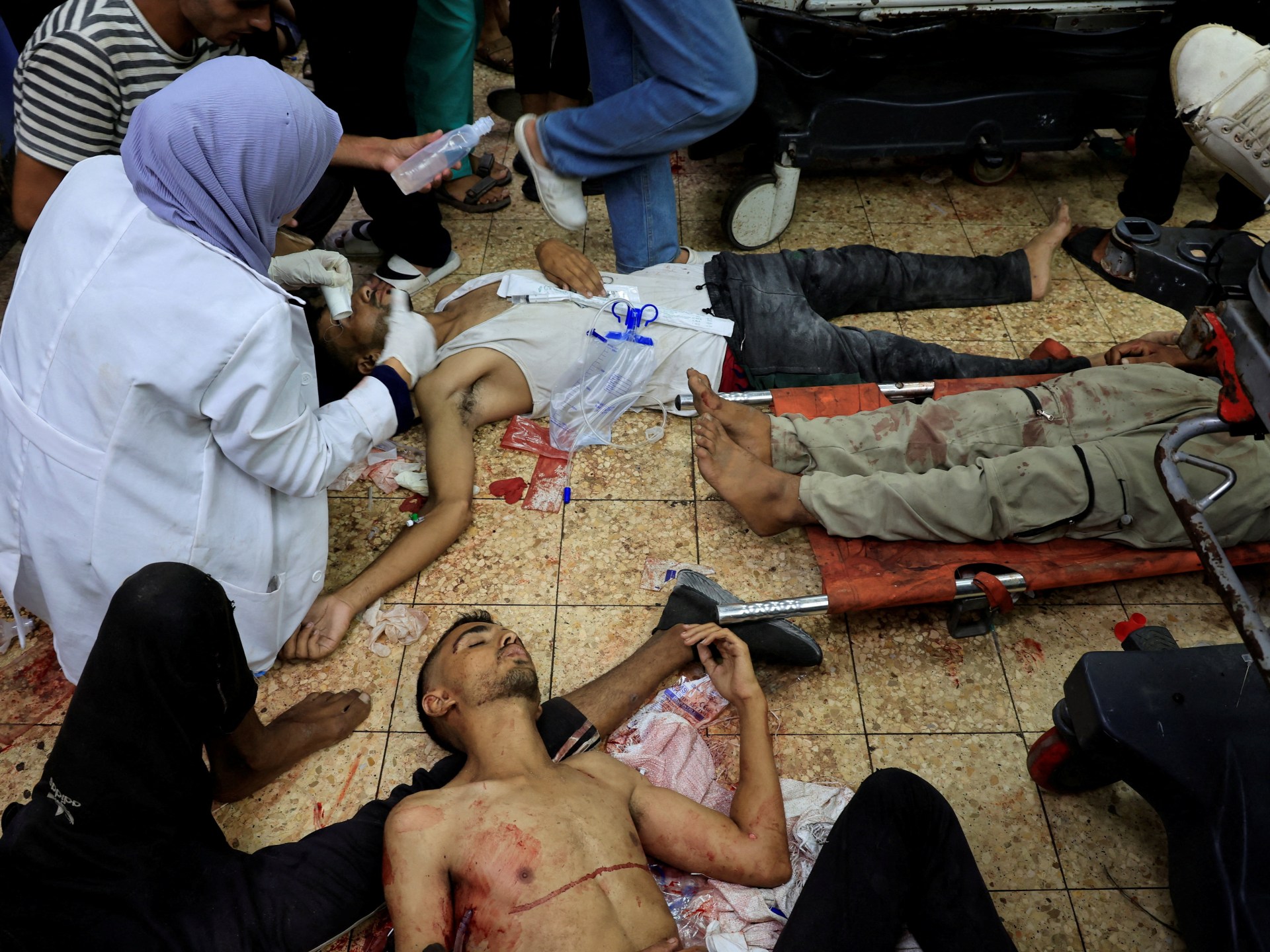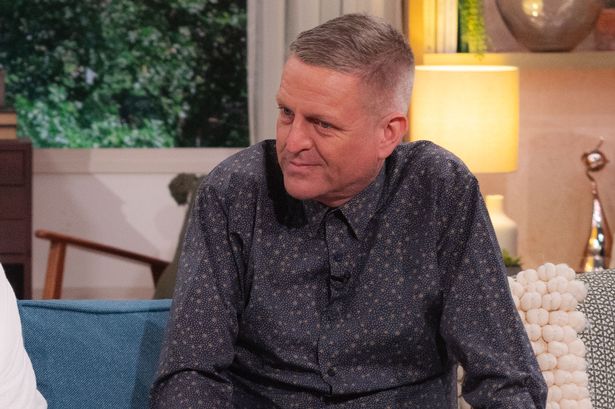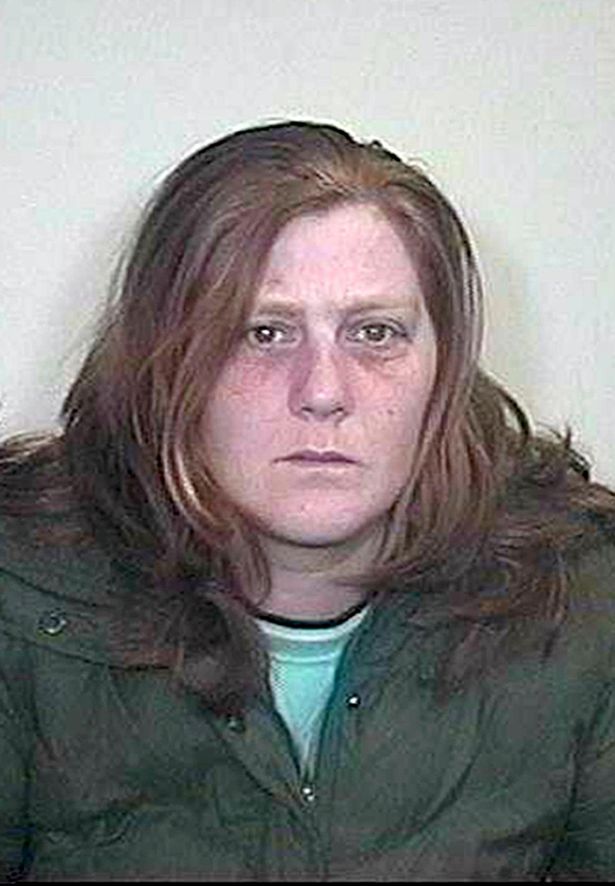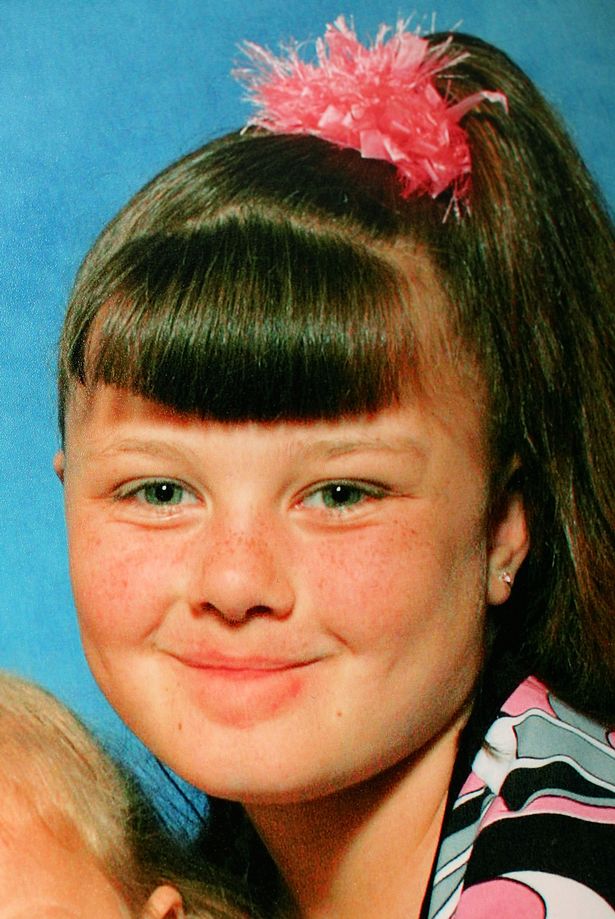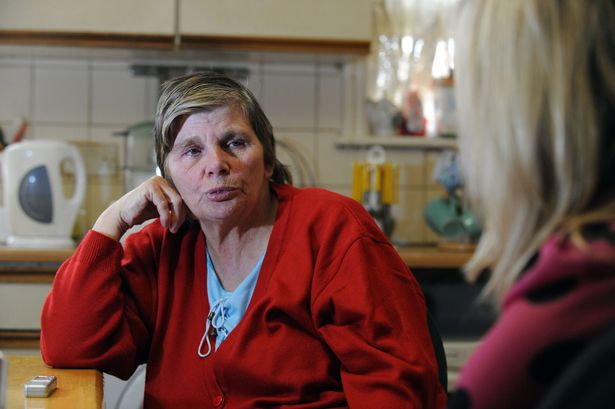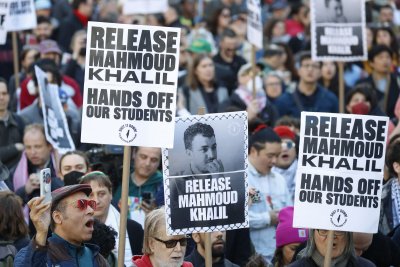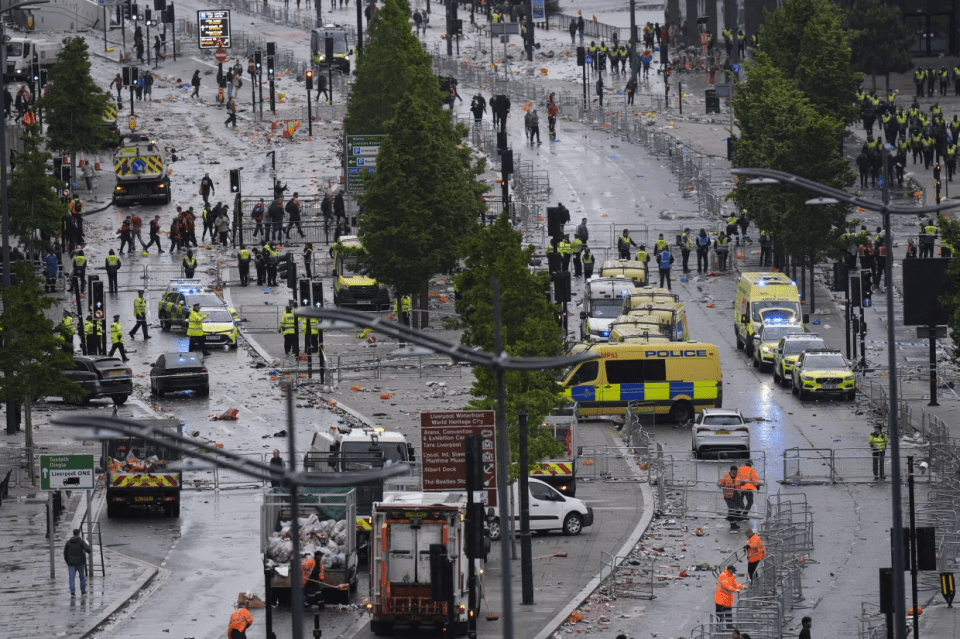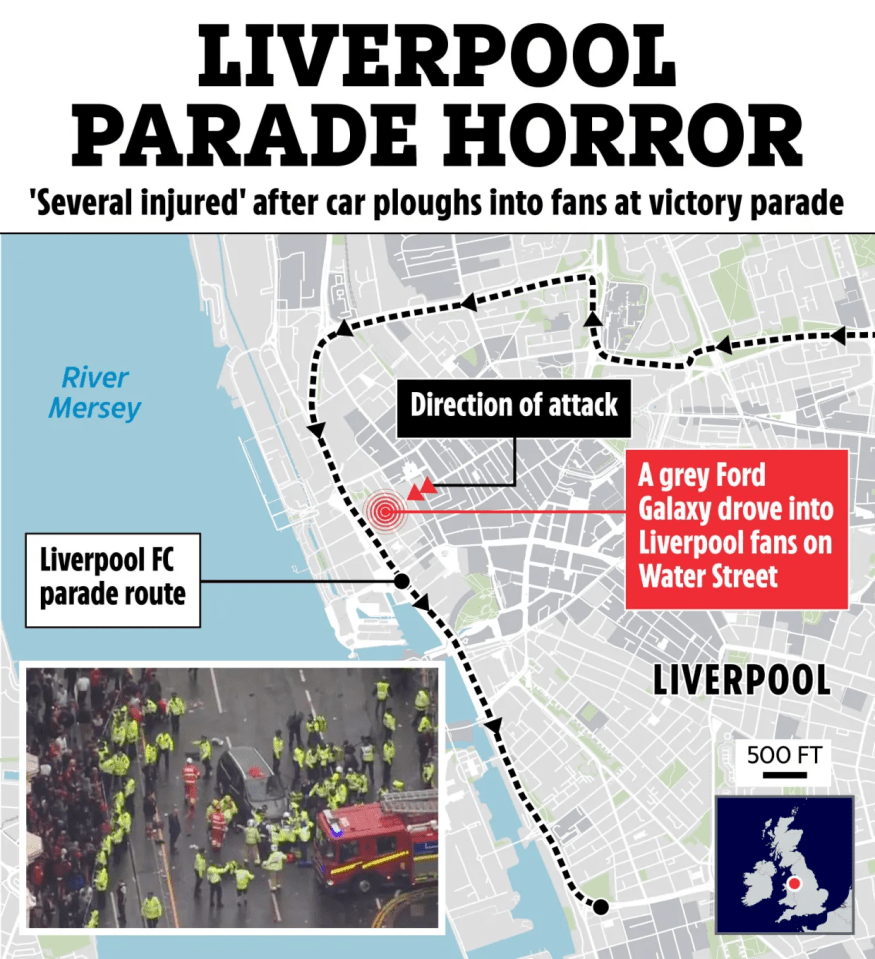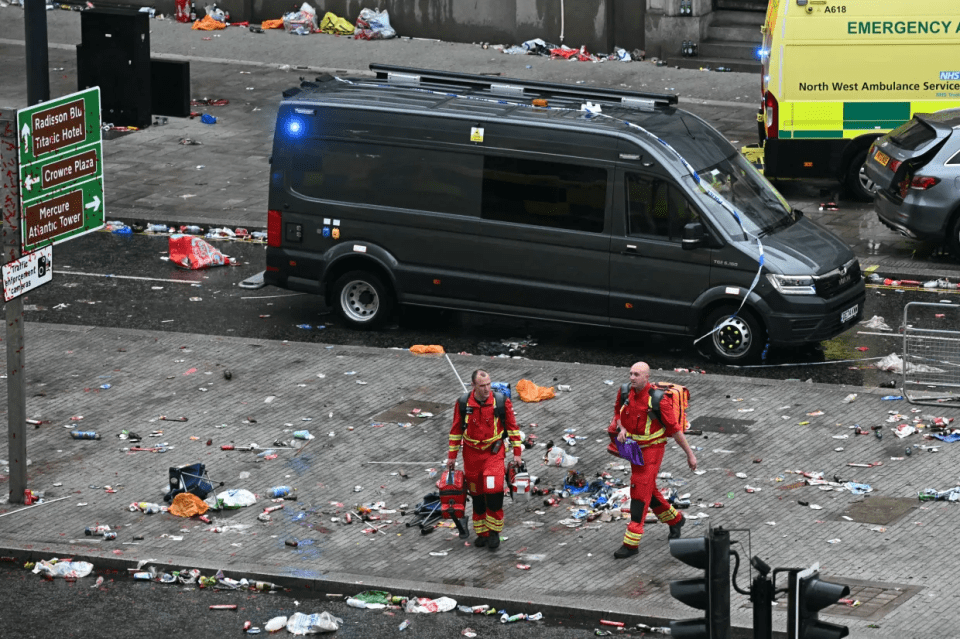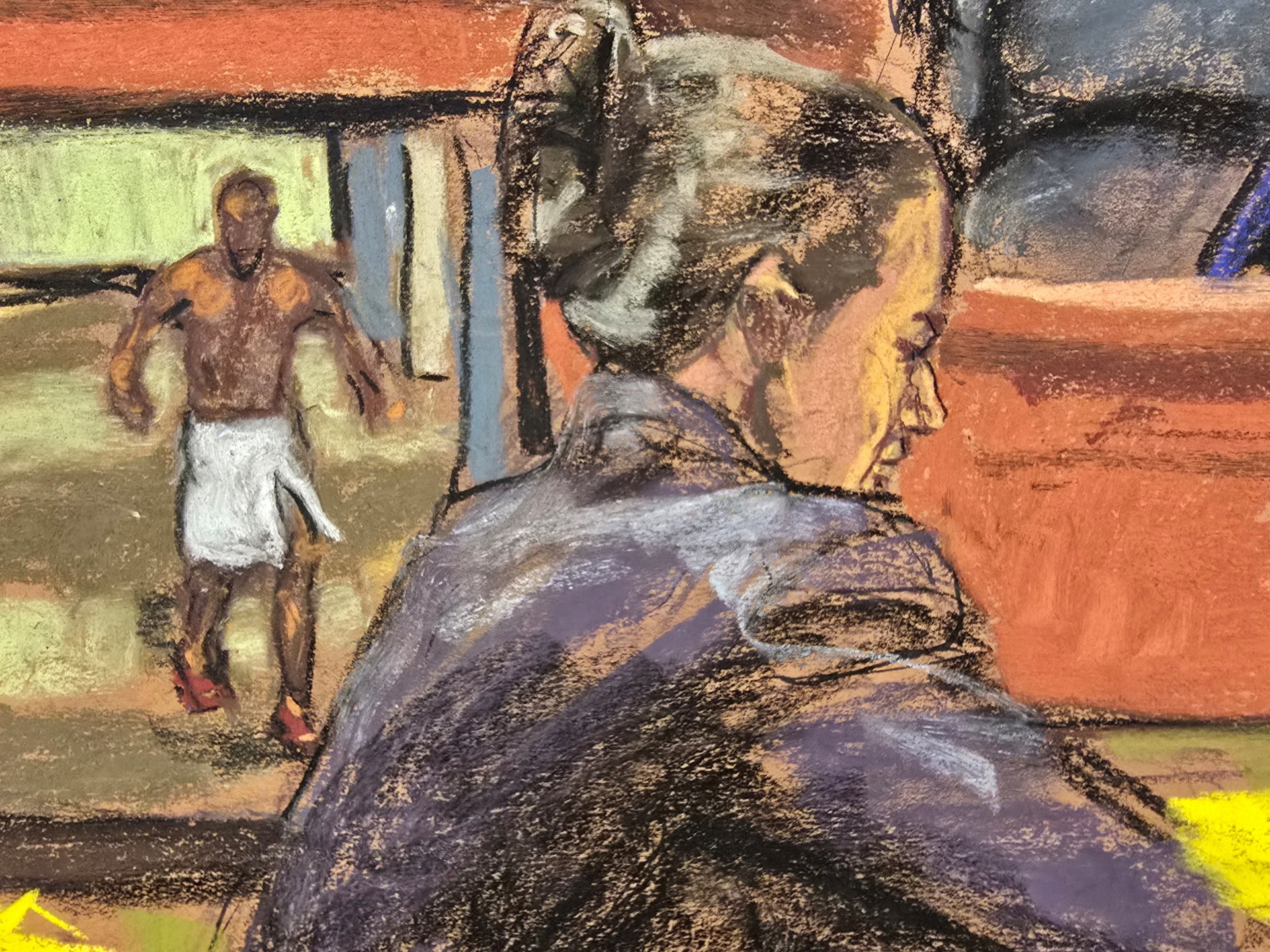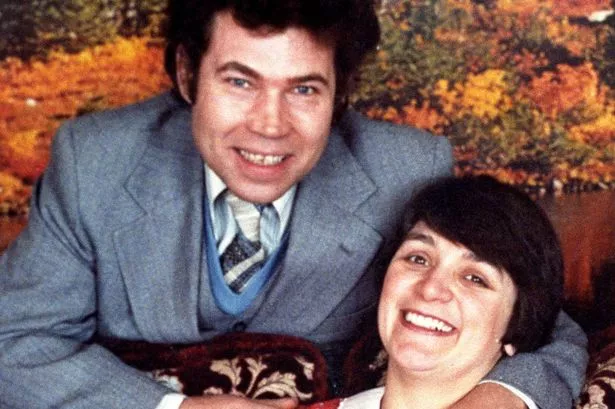The search for Shannon Matthews, nine, became a major missing person police operation and, after several weeks, she was found at an address in Dewsbury, West Yorkshire
A man who investigated Shannon Matthews‘ disappearance has revealed the moment he knew the girl’s mum Karen was the person behind it all.
Richard Edwards, who was a local reporter at the time, appeared on This Morning yesterday to talk about his involvement in the case which saw a huge missing person police operation launched for the girl. She was found at her mum’s then-boyfriend Michael Donovan’s house in a plot to claim a £50,000 reward, and both Karen and Donovan were prosecuted and jailed.
The search lasted 24 days in February and March 2008, during which time people on the estate near Dewsbury, West Yorkshire eventually became suspicious of Karen. It dawned on Mr Edwards himself Karen could be responsible when a man approached him – as he worked late on the estate one evening for a local newspaper – and pointed at Karen’s house, insisting she had known along along where Shannon was.
READ MORE: This Morning host says ‘stop the show’ minutes in as viewers ‘switch off’READ MORE: How to watch new Shannon Matthews documentary 17 years on from fake kidnap scandal
Speaking to Emma Willis and Andi Peters on the ITV This Morning sofa yesterday, Mr Edwards said: “There was one particular night where to this day I’ve never known who this person was. It was a Sunday night, a few days before Karen was arrested…
“A car pulled up on the estate, I was working, it was late on the Sunday, it was dark and a guy got out and he said ‘Where’s that Richard Edwards from the Yorkshire Evening Post?’
“I thought I’ve done something to offend this fella, but I need to front up. I said ‘That’s me’. He came over, he was right at the end of Mooreside Road and he pointed towards the house, he went ‘She’s done it. She’s known where that little girl has been all along.’
“Then got into the car and drove off and I thought right… that was weird. That was on top of the other stuff I’d been hearing. And then three days later she was arrested.”
The mum would later be charged with child neglect and perverting the course of justice. She was jailed for eight years after a jury found her guilty of those offences.
But Mr Edwards still to this day – 17 years on – does not know who the man who approached him was. The journalist continued: “If he’s watching this and wants to get in touch with me just to explain who he is and just clear up that tiny little outstanding part of the story. I would love to hear from him because he didn’t tell me who he was, but he was right. He was right.”
Donovan was also jailed for eight years after the trial at Leeds Crown Court, after which he was convicted of kidnapping and false imprisonment. Donovan died of cancer in hospital at the age of 54 last year.
